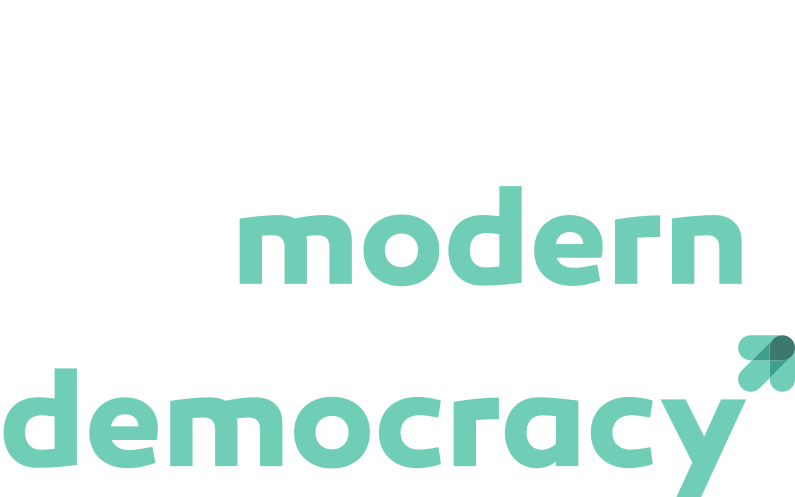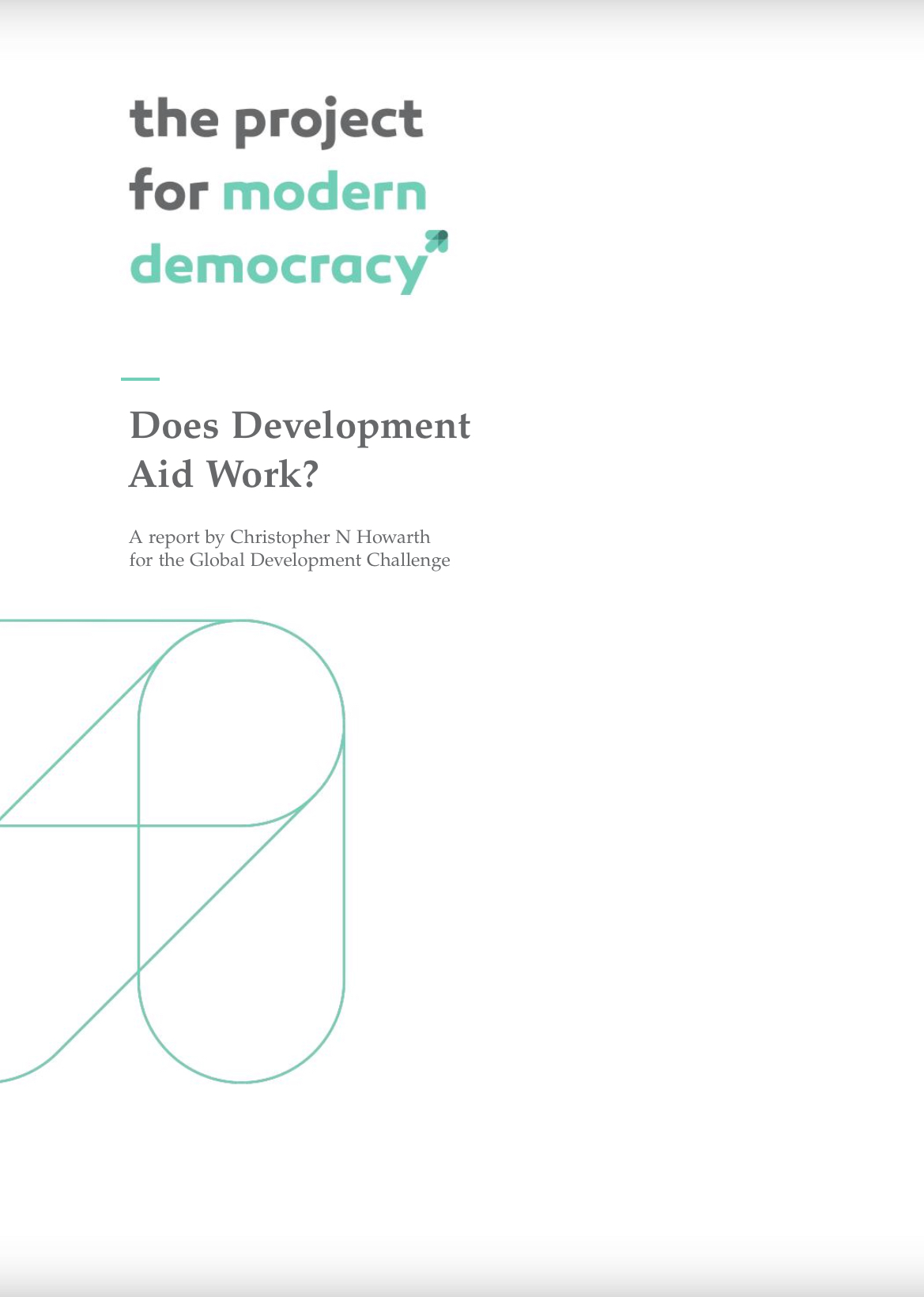Click here to read the full report
The first report of the Global Development Challenge project was published on 1 December 2017. The report on the effectiveness of development aid suggests it has a long-term positive effect on growth and poverty reduction, and that criticism that aid does not work is unsupported by the weight of academic evidence.
The report finds that the clear majority of studies over nearly 50 years show a positive and significant relationship between aid, growth and poverty rates.
Even the more moderate suggestion that aid is mostly ineffective is based on only a partial reading of the academic evidence, and aid's sceptics are in the minority among development economists. Aid’s opponents rely on just a handful of studies, almost all of which have been the subject of robust criticism.
Recent estimates suggest that modest amounts of aid can add as much as 1.5 per cent to a recipient country’s annual growth, greater than the UK’s forecast growth for each of the next 5 years. One study suggests that the average developing country would be 30 per cent poorer today had aid not been given over the last 50 years.
Further studies suggest that aid has reduced both the extent and the severity of poverty in recipient countries, and has lengthened life- expectancies, increased the average number of years spent in school, and reduced infant mortality.
The report accepts that serious issues remain with the allocation and delivery of aid, such as when the support received by countries fluctuates unpredictably, and with a lack of co-ordination between aid agencies. It is also clear that aid can never be the main driver of development, as aid represents a fraction of the wealth generated by private investment and trade. But it notes that such economic activity tends to benefit richer groups in society, while aid particularly benefits the poorest.
Aid can also be particularly effective where private investment is not so readily available, such as research into drugs and technologies needed mainly by poor countries, and when it is offered to countries recovering from conflict.
Individual aid projects, especially health interventions, have a high rate of success, and millions of lives are saved or transformed every year as a result. The hardline sceptical view that aid actually harms development is well outside the academic consensus and is supported by very few studies over the last few decades.
While it is commonly alleged that aid fuels corruption in the developing world, the report notes that many economists believe that corruption is more a consequence than a cause of poverty. It points to several studies which suggest that aid is associated with reduced corruption in recipient countries, and that at worst it is no more vulnerable to misuse than private investment.
The detailed, 100-page report, which was funded by the Bill & Melinda Gates Foundation, concludes that if aid is targeted appropriately, with relevant safeguards in place, the next few decades could see it contribute significantly towards the elimination of extreme poverty.
A second report, due to be published early next year, will assess the history of Britain’s contribution to international development, including the role and performance of DFID, and suggest possible directions for the future in the light of new challenges.
In a foreword to the report Nick Herbert MP, who chairs The Project for Modern Democracy, says: “Aid faces growing pressure. Wealthy western governments have been cutting back aid programmes, and there have been blistering tabloid attacks on Britain’s aid spending. The current cross-party consensus that Britain should remain one of the few countries that meet the UN’s 0.7 per cent aid target is holding, but is vociferously challenged on the Right.
“Aid cannot claim to be perfect ... and it is entirely legitimate to discuss how much ... a donor nation can afford. Yet these are arguments about the quantum of aid and how it should be distributed, not whether it should be given at all.
“The question today is not whether aid works, but how it can work better .... Evidence shows that aid is a powerful force for good in the world, and has unquestionably saved or transformed millions of lives. The challenge for aid donors and recipients alike is to work together to improve aid’s efficiency and effectiveness, and continue the fight to make poverty a thing of the past.”


